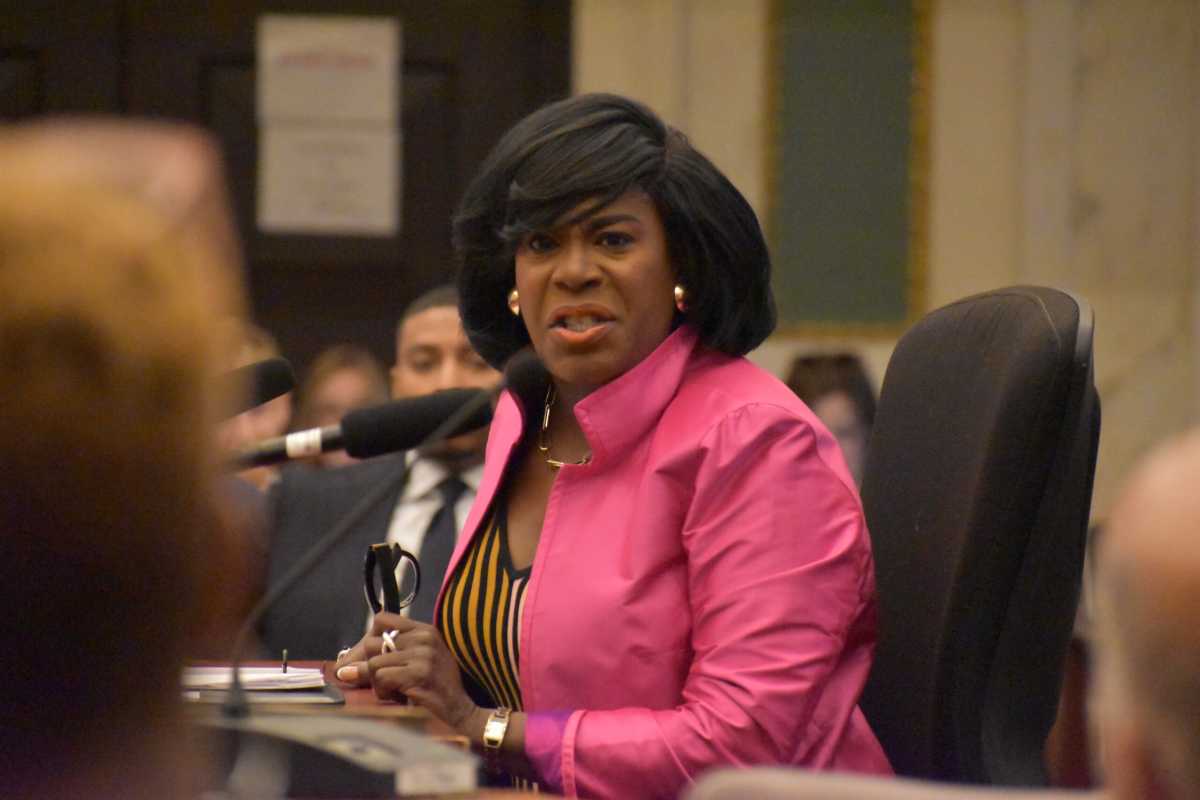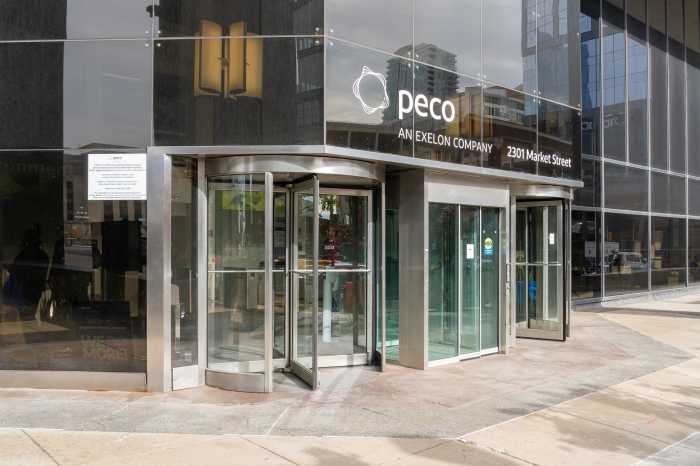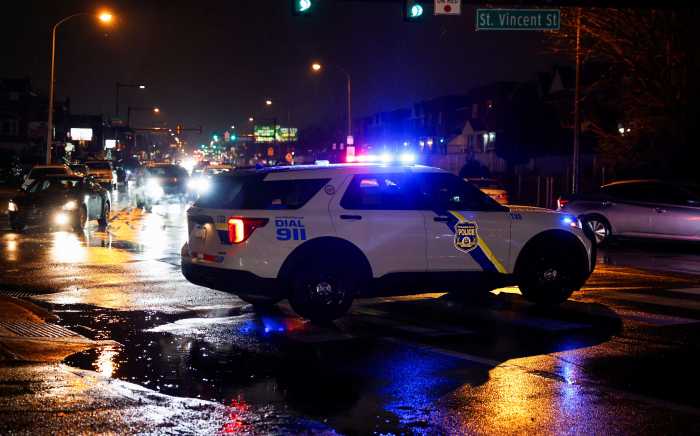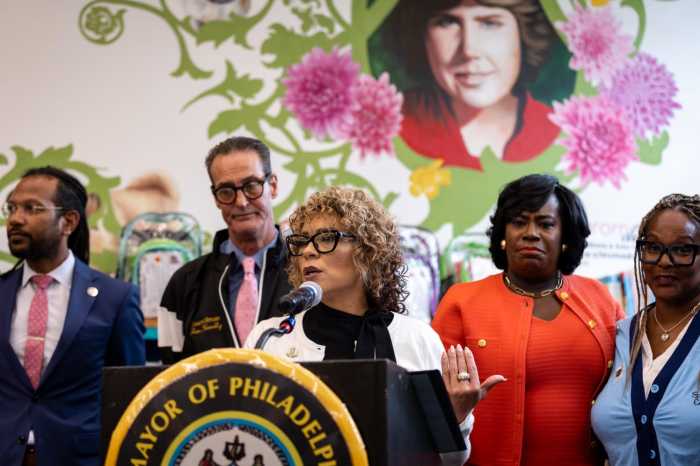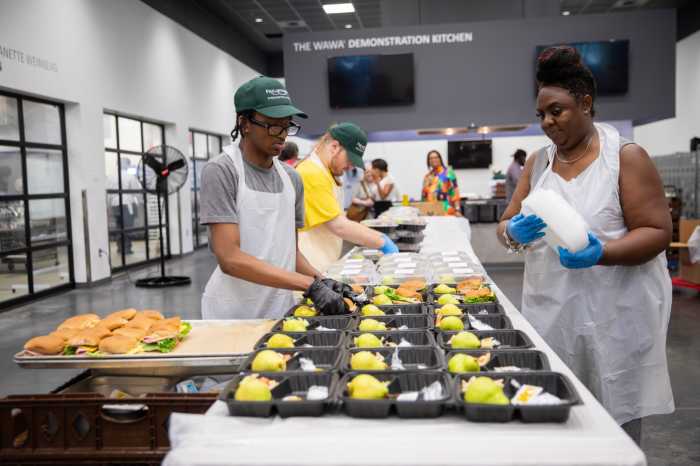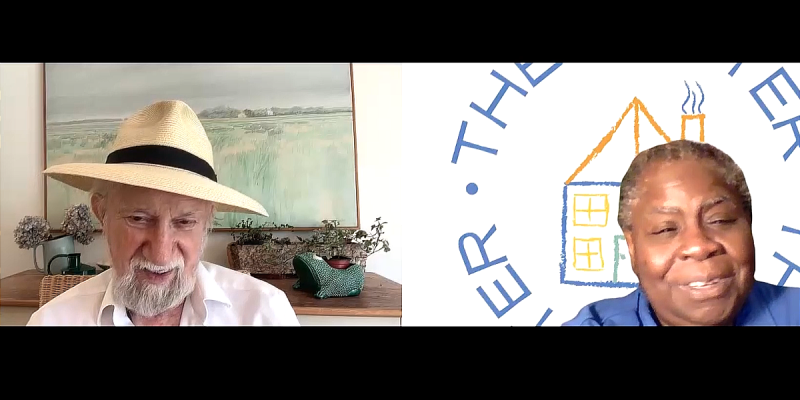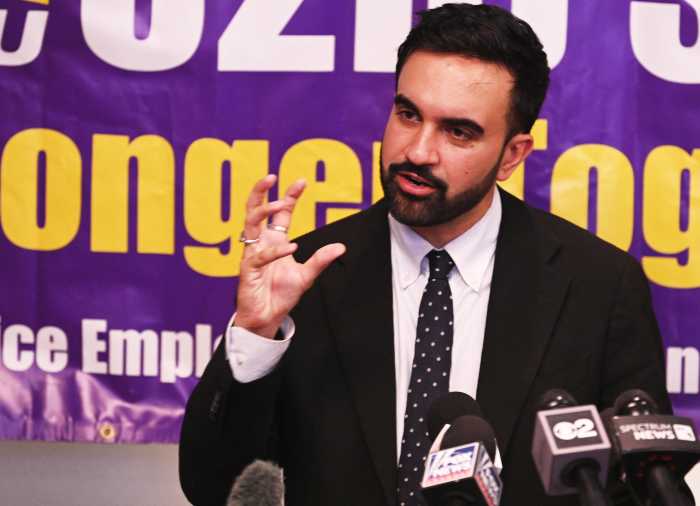Mayor Cherelle Parker urged unity during an impassioned address Tuesday directly to City Council, a day after lawmakers attempted to defeat one of her Board of Education nominees.
Parker, on Monday, shocked legislators when she formally asked Joyce Wilkerson to remain on the board, instead of selecting a new BOE candidate. The move circumvented Council’s vote just moments prior to withdraw a resolution reappointing her.
The mayor, speaking at an education hearing Tuesday morning, told Council that she picked the nine best candidates for the BOE, selecting five new members to “balance change with continuity and new skills with experience,” Parker said.
“I didn’t usurp a process,” she added. “I didn’t try to do something other than what the law requests that the mayor does.”
The drama over Wilkerson’s nomination was the first public spat between Parker and Council President Kenyatta Johnson, since both assumed new roles in January. Lawmakers approved the mayor’s eight other BOE appointees.
Parker said she barely slept Monday night, overwhelmed by phone calls, posts and “everybody trying to find a way to benefit from driving a wedge” between her administration and Johnson’s leadership team.
“I understand that the Parker administration’s agenda, it can be torpedoed, Mr. President, by your leadership,” she said. “I’ve seen what happens when a council president and a mayor decide that they’re going to be oil and water.”
“I don’t want to fight. I want to get things done,” added Parker, who served in Council before running for mayor. “I need you.”
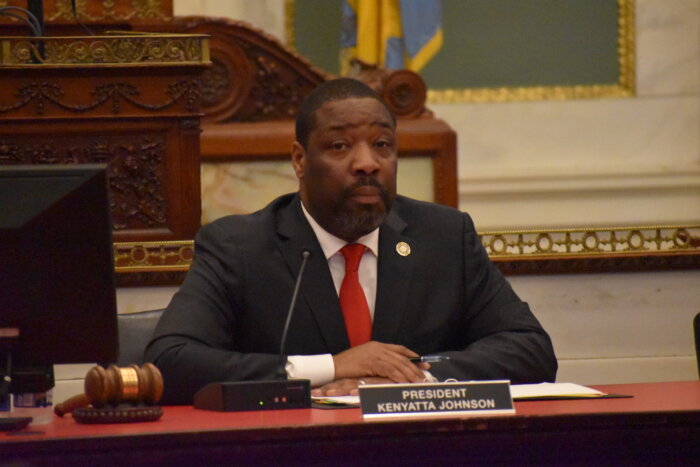
Her administration and Council members are currently negotiating the multibillion-dollar municipal budget, which must be approved by the end of June.
Much of the talk surrounding the BOE nomination focused on charter schools, though Council officials have said the opposition to Wilkerson extended beyond that issue. Parker repeated her refusal – which she made on the campaign trail – not to engage in a charter versus traditional public school debate.
Councilmember Isaiah Thomas, chair of the education committee, has been the most vocal Wilkerson critic, pointing to what he described as failures by the School District of Philadelphia in recent years.
Chief among those problems, Thomas said, have been facility-related issues – mainly the presence of lead and asbestos forcing the closure of school buildings. He acknowledged that Parker, Superintendent Tony Watlington Sr. and Board President Reginald Streater inherited the aging building stock.
“I love our children. I care about our schools.” Thomas said. “And, at the end of the day, if the job isn’t getting done the right way, somebody needs to be held accountable.”
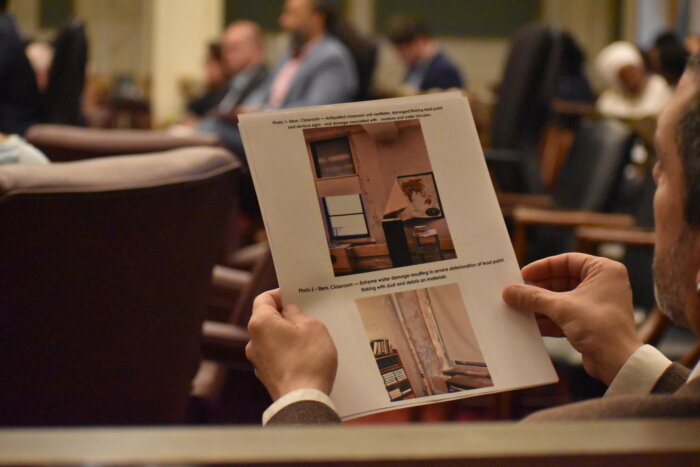
Thomas and others on Council have been pushing the district and city to create a facilities master plan as soon as possible.
Parker committed to crafting such a plan Tuesday, and Watlington told lawmakers that the district has hired a contractor to update an oft-cited 2017 report that found that city public schools had $4.5 billion in deferred maintenance.
District leaders are also set to begin the process of forming a project team for the facilities plan, Watlington said. Similar initiatives from other large urban school systems suggest the process usually takes 18 to 24 months once the committee is in place, he added.
“I’m not saying it will take 18 to 24 months,” Watlington told lawmakers.
Watlington presented data showing that the district saved $24 million a year when it closed 30 schools in 2012 and 2013 as part of a consolidation. But test scores – for displaced students and those at the schools that absorbed them – fell, as did attendance.
In reimagining school buildings, the district needs to prioritize student learning and examine the impact of possible closures in the city’s poorest neighborhoods, Watlington said.

Tuesday’s meeting was one of two yearly hearings Council holds on the district, and it centered on the school budget.
Parker’s proposed spending plan would allocate an extra $129 million to the school district over 5 years through a 1% increase in the system’s share of Philadelphia’s real estate tax revenue. An extra $247 million would flow to the district if Gov. Josh Shapiro’s budget proposal is approved, Watlington said.
The funding is much needed, he added, because the district is nearly through the $1.2 billion it received through the federal American Rescue Plan Act. The funding must be spent by September.
Even if the state and city budgets are passed as proposed, the public school system would need to tap into nearly $88 million in reserves in the coming year, according to the district’s presentation. By the 2027 fiscal year, city schools are projected to operate with an annual deficit of more than $500 million.
“We budgeted in a way that we will not make cuts to key school positions this year,” Watlington told Council.



